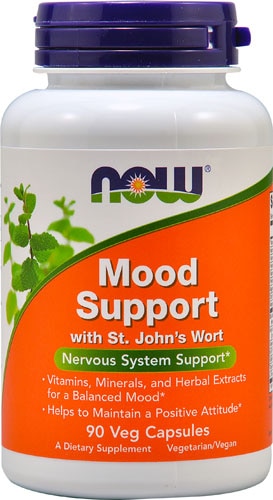Whether it’s out loud or imperceptible, we talk to ourselves all day long, to the tune of roughly 70,000 thoughts a day, according to the Laboratory of Neuroimaging at the University of Southern California. The mind never stops its job of thinking, analyzing, and unfortunately— critiquing. The inner dialogue we carry on with ourselves is also referred to as self-talk, the language we use to refer to our self during introspection. Think of it as the endless stream of unspoken thoughts that run through our heads.
Your attitude to yourself goes beyond mere talk—it has powerful ramifications for health as well. One study out of the Yale School of Public Health demonstrated that having a positive view of aging can help you live longer. How does it work? According to the study, psychologically, a positive outlook enhances self-esteem, decreases perceived stress and encourages healthful behaviors. On a physical level, positivity reduces the type of stress-related inflammation linked to heart disease.
While it goes beyond talk, positive thinking does begin with talk—specifically how you talk to yourself. Think of it as internal remodeling or reframing. For example, if you often hold back on opportunities because you say to yourself “I’ve never done it before,” reframe it as “It’s an opportunity to learn something new.”
Not sure if your style of talk is positive or negative? Here are a few common negative through patterns the mind tends to dwell on.
Catastrophizing
This type of pattern always tries to get ahead of disappointment by anticipating the worst. Something minor goes wrong, and the rest is sure to follow. Little things that go awry and snowball into a worst-case scenario of the future. The constant worry amplifies anxiety and depression.
Blaming
The tendency to blame others for the uncomfortable feelings that get triggered when we experience pain. Blaming someone or something else for our experience releases ourselves from our own personal responsibility. If we perceive the problem as due to another’s behavior, we absolve ourselves of any power to effect change. Blaming is a victim stance. It means we don’t know how to take care of ourselves—paying attention to our needs--in such a way that could dissolve our blame and resentment.
Personalizing
Personalizing is blame turned inwards. Something bad occurs and you automatically blame yourself. For example, you hear that some event gets cancelled and you assume that the reason is connected to something you did or didn’t you. In order not to personalize, you need the resilience to see things through a neutral lens.
Want to change the way you talk to yourself?
As these previous patterns demonstrate, many of us experience our stream of self-talk as a form of constant self-reprobation. But there’s a surprisingly powerful way to soften your harshness. One study, published in the Journal of Personality and Social Psychology, found that addressing yourself by your own name instead of “I” has a profound impact on self-regulation.
In other words, speaking to yourself in the third person creates helpful distance from yourself. The study suggests that talking to yourself by using the word "I" could stress you out instead of invoking the acceptance that calling yourself by your own name does. People who used their own names were more likely to give themselves support and advice.
It’s a subtle linguistic shift, but maybe it’s easier to be kinder to ourselves if we can be more objective. Apparently, the technique worked for LeBron James when he reflected on his decision to leave Cleveland for the Miami Heat in 2010, "I wanted to do what was best for LeBron James," the star athlete said, "and what LeBron James was going to do to make him happy." I want the same thing for Elizabeth Marglin.




